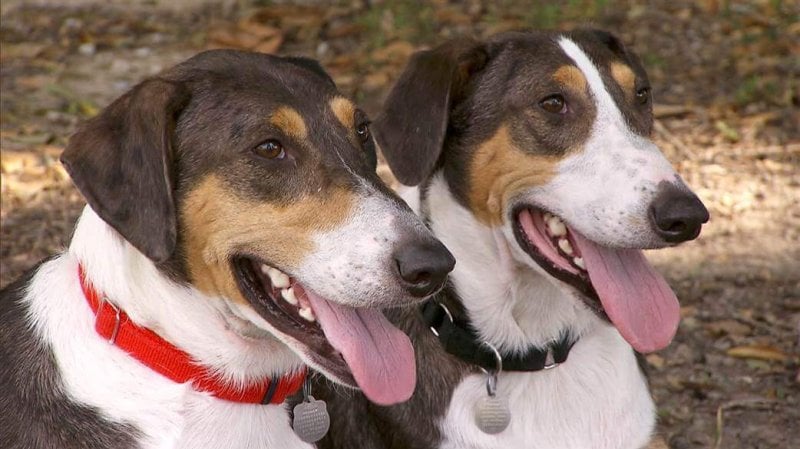If you spend enough time reading about pet cloning, you’ll see that adjective come up over and over again: beloved. When people clone their animals, they do so because they love them—and because they can’t stand the prospect of losing them forever.
…
Talk to experts about what cloning actually entails, however, and you’ll begin to realize that the costs are steeper than most realize—and go far beyond money.
…
Even not counting the original egg donor and surrogate, the cloning process still requires numerous dogs to produce a single clone.
…
Even if one is willing to overlook the suffering of animals harvested for their eggs and co-opted into pregnancy, questions still arise. Key among them may be what pet owners think they’re getting when they clone a “beloved” animal.
…
You adore this animal—not because of its genetics, but because it became the creature that it is through time spent with you. While a clone may perfectly replicate its genome, it won’t be the same dog because it won’t have the same life, a life that it lived in your company. In almost every way that matters, then, they’re different dogs.
Read full, original post: The Real Reasons You Shouldn’t Clone Your Dog































